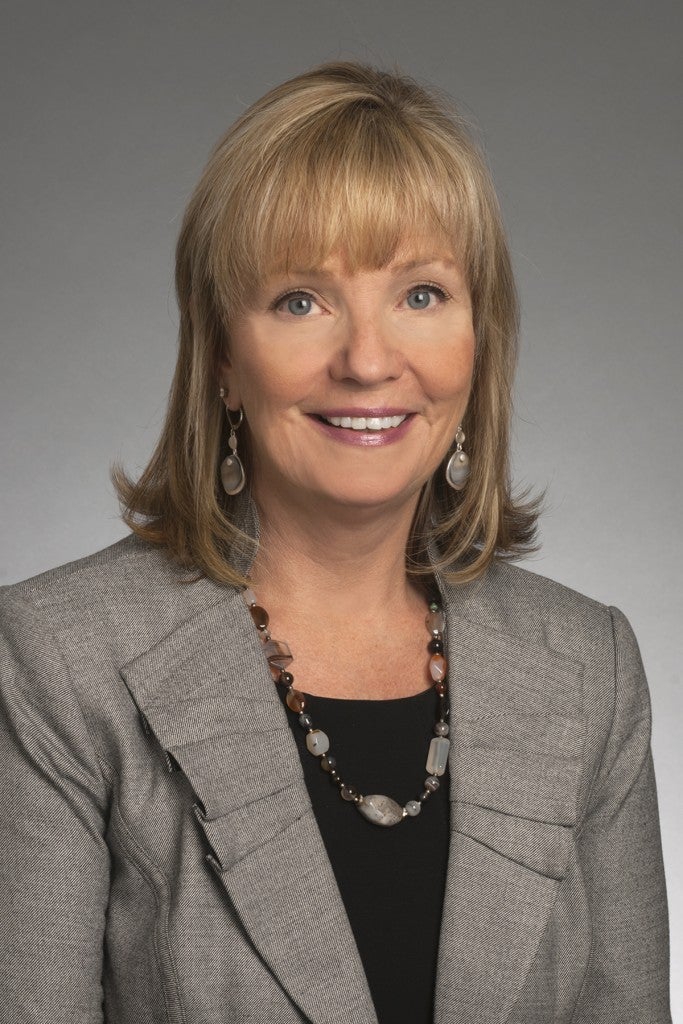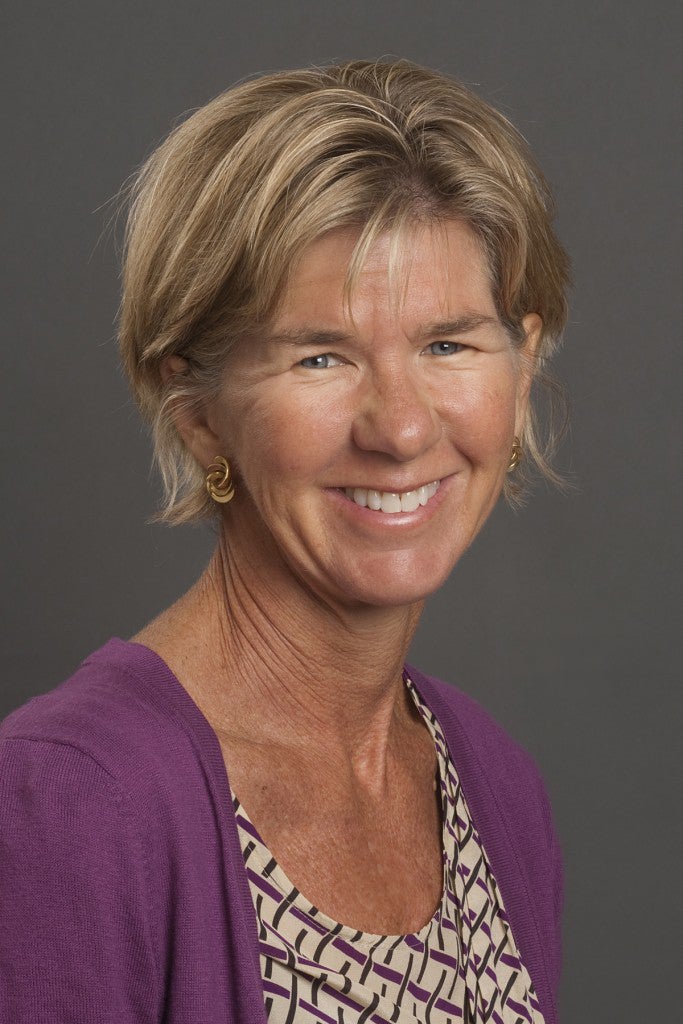Department of Literacy, Language and Culture professor Roger Stewart, along with Department of Curriculum, Instruction and Foundational studies professor Bill Parrett, associate professor Kathleen Budge and clinical associate professor Kelly Cross are retiring this summer with a combined 74 years of service to the College of Education.

Stewart has spent the last 25 years at Boise State. Hired in 1995 at the rank of professor, Stewart taught in the doctoral program early on, as well as teaching literacy courses throughout his career, earning tenure in 1998. Stewart’s research has focused on secondary literacy and methods to help struggling and developing readers of all ages.
Though Stewart was tenured faculty at the University of Wyoming, he was drawn to join Boise State after a former doctoral student he mentored at Wyoming, Stan Steiner, began teaching at the university. He soon informed Stewart about a position in the Department of Literacy, Language and Culture. Stewart and Steiner continued working together as colleagues until Steiner’s retirement in 2018.
“Boise State was a growing, dynamic university, and that was fun to be part of,” said Stewart. “Things were always changing and evolving.”
For Stewart, his career and retirement are accomplishments reflected upon with characteristic humility.
“For retirement I don’t have any specific plans,” he said. “I know that doesn’t sound very exciting, but I am going to take each day as it comes and see how things turn out.”

Parrett has been at Boise State for 24 years, teaching courses and seminars as a professor in the doctoral program. He received tenure in 1996, the year he was hired. That same year, Parrett also founded the Center of School Improvement and Policy Studies, which builds community partnerships and networks to increase student achievement and success in schools and districts across Idaho. Parrett served as the director for the center and has received international recognition for his research in school improvement related to children and adolescents who live in poverty.
“What I enjoyed most about Boise State was the opportunity to work with many talented and committed leaders,” said Parrett. “I loved seeing students from Boise State and Idaho’s public schools benefit from the center and my colleague’s efforts.”
In retirement, Parrett plans on spending time with his children, grandkids and family in the Northwest outdoors and Florida, but he’s not leaving his professional passions behind.
“I really look forward to having more time to continue writing and helping kids who live in poverty, as well as the educators and schools that serve them,” he said.

Budge started her career at Boise State in 2006 when she began building the college’s principal training program and teaching educational leadership courses. Budge has also taught in the doctoral program for the past three years.
Budge’s background in PK-12 education as a teacher, principal and assistant superintendent gave her rich experience to draw from while developing and teaching in the college’s educational leadership programs, which certify graduates to become principals and superintendents. Budge’s research has involved rurality and poverty in schools – interests that grew from her upbringing in a small Montana logging community.
Budge credits her department colleagues for laying the foundation for the principal preparation program she ultimately built, which she said made her lucky.
“I was incredibly fortunate to be offered the opportunity to build a principal preparation program from the ground up,” said Budge. “After a few years at Boise State, I came to understand my experience as a reflection of the innovation emblematic of this university. I love the energy and the spirit that is Boise State, but most of all I appreciate the deep sense of place many of us experience here.”
Budge currently has retirement plans to buy a piano to resume lessons she quit in third grade, and to continue making masks with a sewing machine she recently purchased. As a teacher through and through, she also hopes to continue writing and conducting workshops for educators.
Perhaps most importantly, “Retirement means the chance to go back home,” said Budge. “I will spend a portion of the year in Montana, and part of the year making Florida home, too. I intend to share the wonders of both states with our grandchildren.”

Cross began teaching in the educational leadership program in 2011, along with managing the Special Education Support and Technical Assistance (SESTA) project housed in the Center for School Improvement.
Cross has taught all five courses in the Master of Educational Leadership program, preparing graduates to become principals and leaders in schools. Cross was promoted to clinical associate professor in 2016, and served as the associate chair of her department in 2015-16. Cross also served as the first clinical faculty senator at Boise State for two years.
Cross’ sunny personality comes through in her thoughts on her time on campus.
“I loved each and every day throughout my time at Boise State,” said Cross. “The people I was fortunate to work with are absolutely amazing, and the work we completed was inspiring, challenging, varied and creative. I am grateful for the opportunities I’ve received here.”
Though Cross will miss her involvement with projects and committees, and meeting people on campus, she is looking forward to meaningful activities she can enjoy right here at home in Boise.
“I look forward to time with my husband and family, working in my yard, hiking in the foothills and learning new things,” she said.